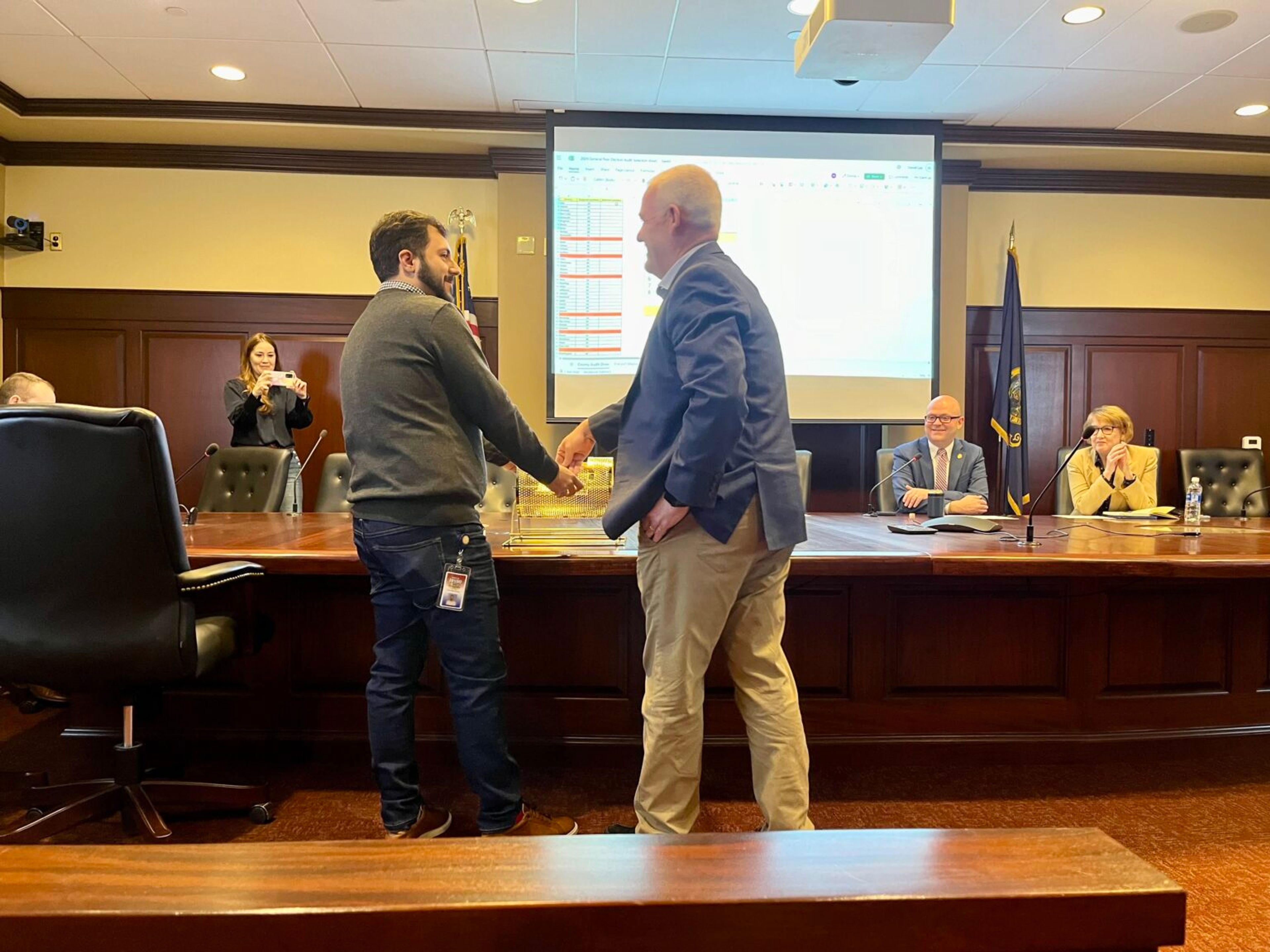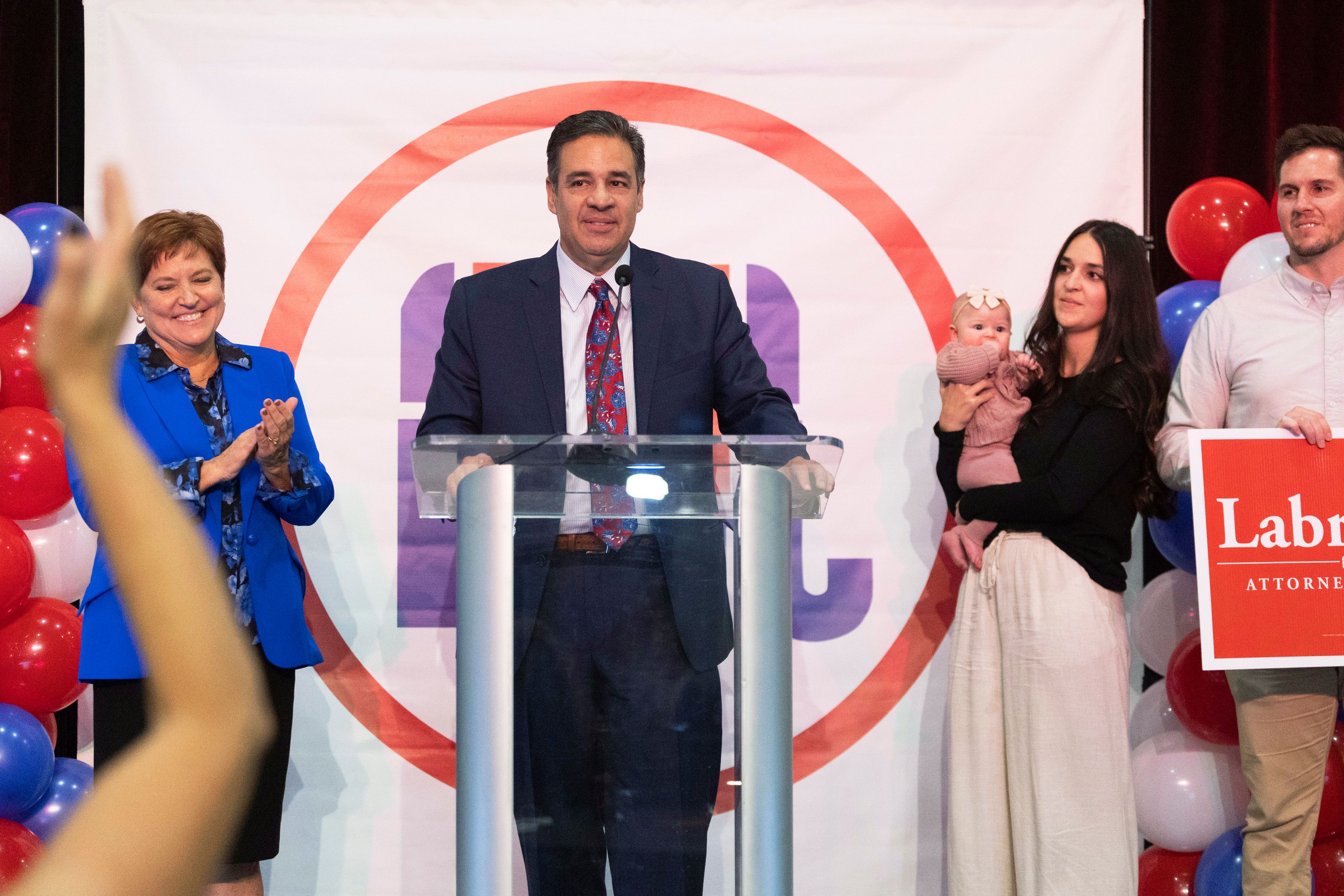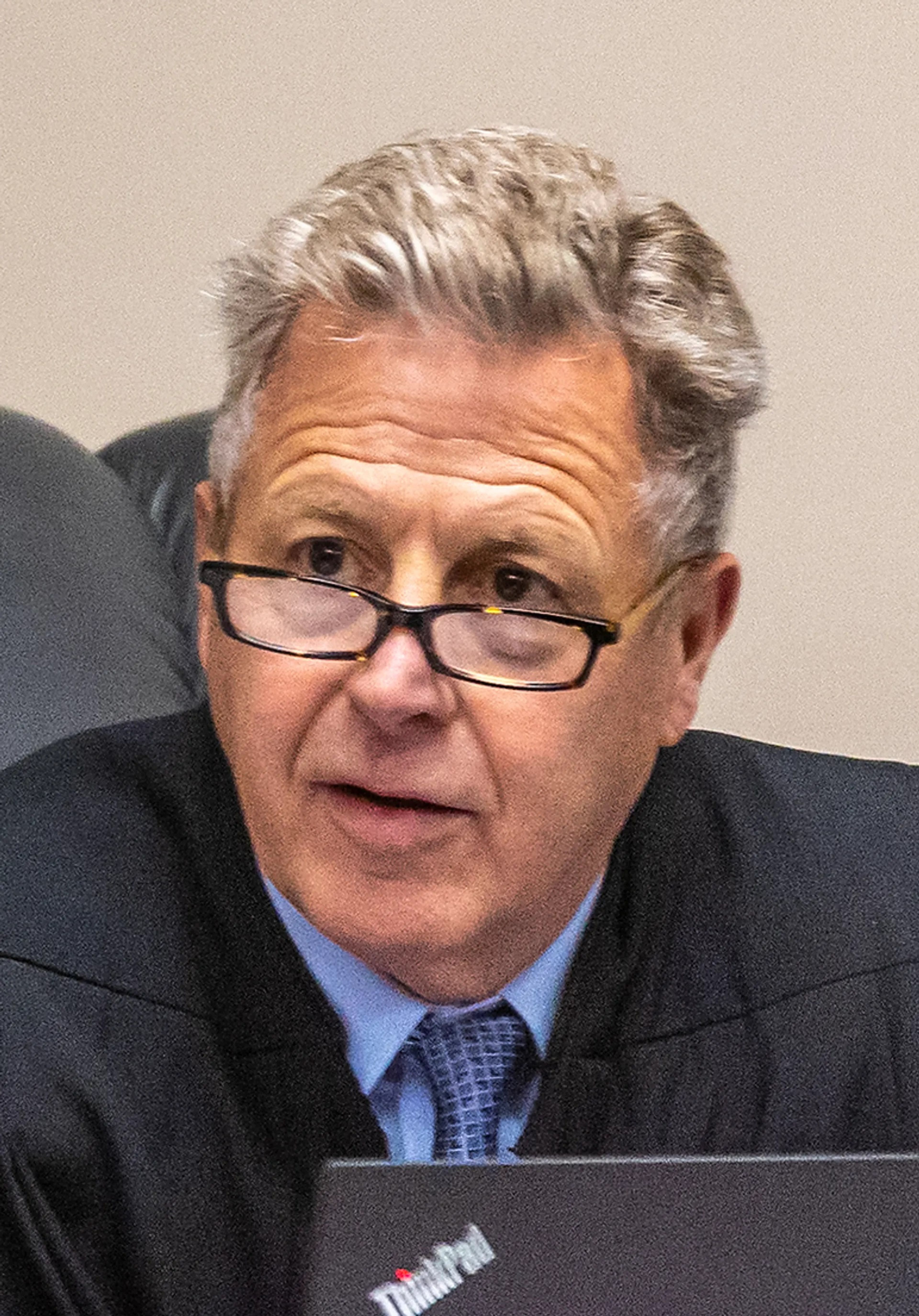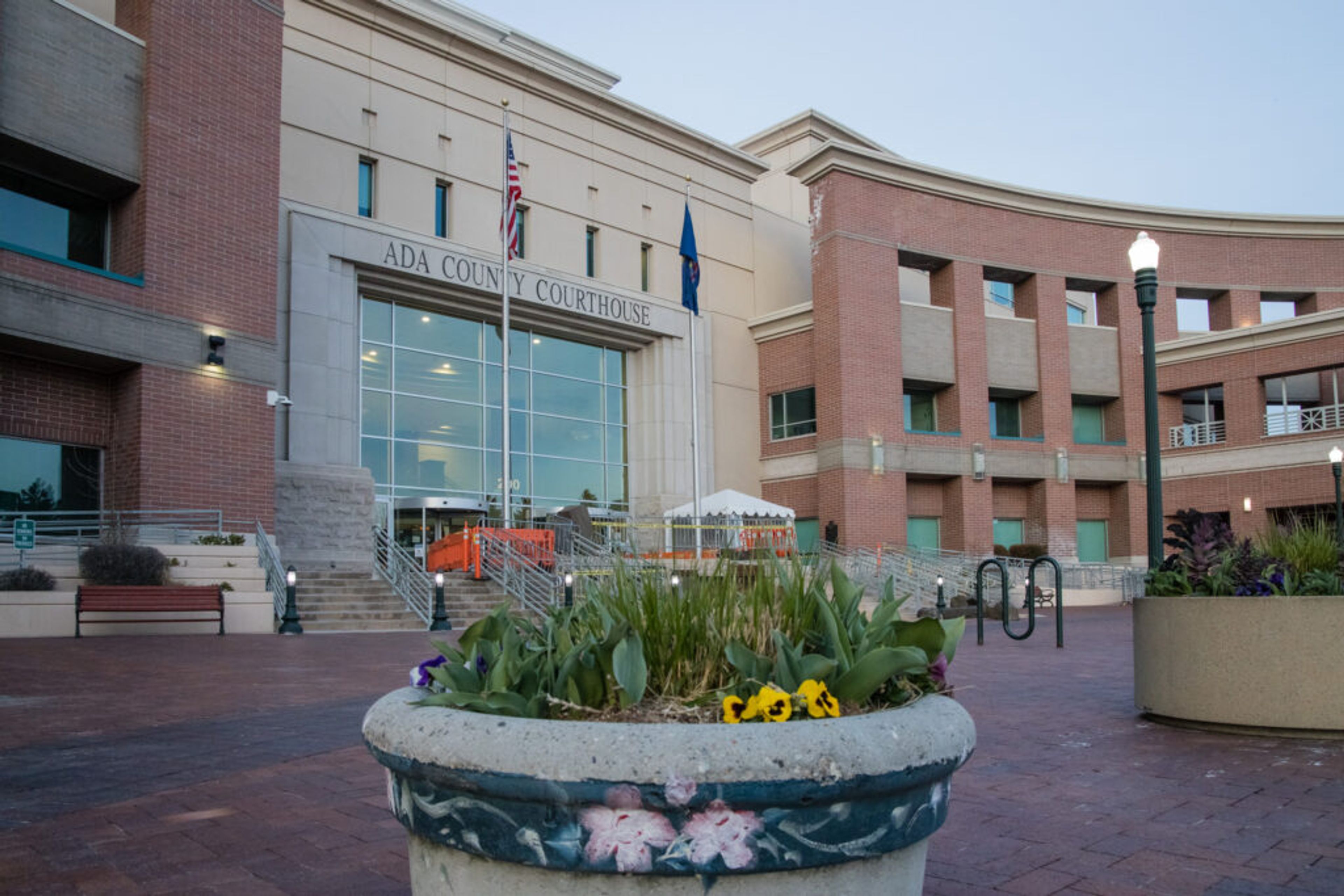Idaho may add third U.S. District Court judge
Panel backs plan to add 52 district judgeships across the country
Legislation authorizing the largest increase in the federal judiciary in nearly 30 years — including the first new position in the District of Idaho since 1954 — received a favorable recommendation from a U.S. House committee Thursday.
The move came after Republicans agreed to delay the bill’s implementation date — thereby allaying Democratic concerns that it would help the Trump administration pack the court with ideological appointees.
If approved, the omnibus bill would authorize a total of 52 additional judicial positions in 23 U.S. District Courts around the country. The number of positions in the District of Idaho would increase from two to three.
Idaho Rep. Raul Labrador said this is something he’s worked toward since he was first appointed to the House Judiciary Committee in 2013.
“I’ve advocated publicly and behind the scenes for a third U.S. District judge for Idaho,” he said. Working closely with Judiciary Chairman Bob Goodlatte, R-Va., “I introduced legislation that would address this issue and secured his commitment to get a vote on it. The bill we passed today delivers on that promise.”
Rep. Mike Simpson had a separate bill seeking a third federal judge for Idaho. Sens. Mike Crapo and Jim Risch also introduced a companion bill in the Senate.
The Idaho district was down to one active federal judge for a two-year period, beginning in 2015, after Judge Edward Lodge retired and took senior status. Lodge was finally replaced last year, when the Senate confirmed the nomination of Judge David Nye.
It’s been 15 years since Congress has authorized any increase in the number of district judgeships nationwide. The last major increase came in 1990, when 74 positions were added.
The Judicial Conference of the United States, which advises Congress on the manpower needs of the federal court system, said caseloads have increased by nearly 40 percent since that time, or more than 100,000 cases per year.
Although Congress approved temporary judicial appointments to help with the workload, it has only authorized a handful of permanent new positions since 1990. The last increase came in 2003.
The House Judiciary Committee recommended approval of the omnibus bill on a unanimous voice vote Thursday, despite initial concerns by Democrats that it would facilitate President Donald Trump’s “court-packing” efforts.
“President Trump is on a path to radically reshape the federal judiciary by packing the court system with extremist judges,” said Rep. Jerry Nadler, D-New York, the ranking Democrat on the committee. “Never before have we seen a president outsource the selection of judicial nominees to ideological groups (like the Heritage Foundation or Federalist Society) … Frankly, I don’t want to give this president the ability to do more damage than he has already done.”
In the interests of “bipartisan comity,” Rep. Jamie Raskin, D-Maryland, proposed delaying the implementation date until January of 2021, after the 2020 presidential elections.
“At that point, neither side (Republicans or Democrats) knows who will be president,” he said. “So this won’t be a court-packing plan, but simply a needed reform to expand the number of judges.”
Rep. Darrell Issa, R-Calif., disputed the notion that the bill was a court-packing scheme. In fact, as far as the number and location of the new judgeships, it closely mirrors the recommendations of the nonpartisan Judicial Conference.
However, Issa also noted that 114 of the 677 currently authorized District Court judicial seats are already vacant and awaiting nominations. At the present rate of Senate confirmations, he said, President Trump won’t be able to fill all of them, much less another 52 positions.
Consequently, after a short break the committee accepted Raskin’s amendment to delay the bill’s implementation date until 2021 and then approved the amended legislation. The measure now moves on to the full House; it also has to pass the Senate.
In other action Thursday, the Senate Judiciary Committee advanced the nomination of Idaho Falls attorney Ryan Nelson to the full Senate for confirmation. President Trump nominated Nelson to serve as a judge on the U.S. Court of Appeals for the 9th Circuit.
Spence may be contacted at bspence@lmtribune.com or (208) 791-9168.








